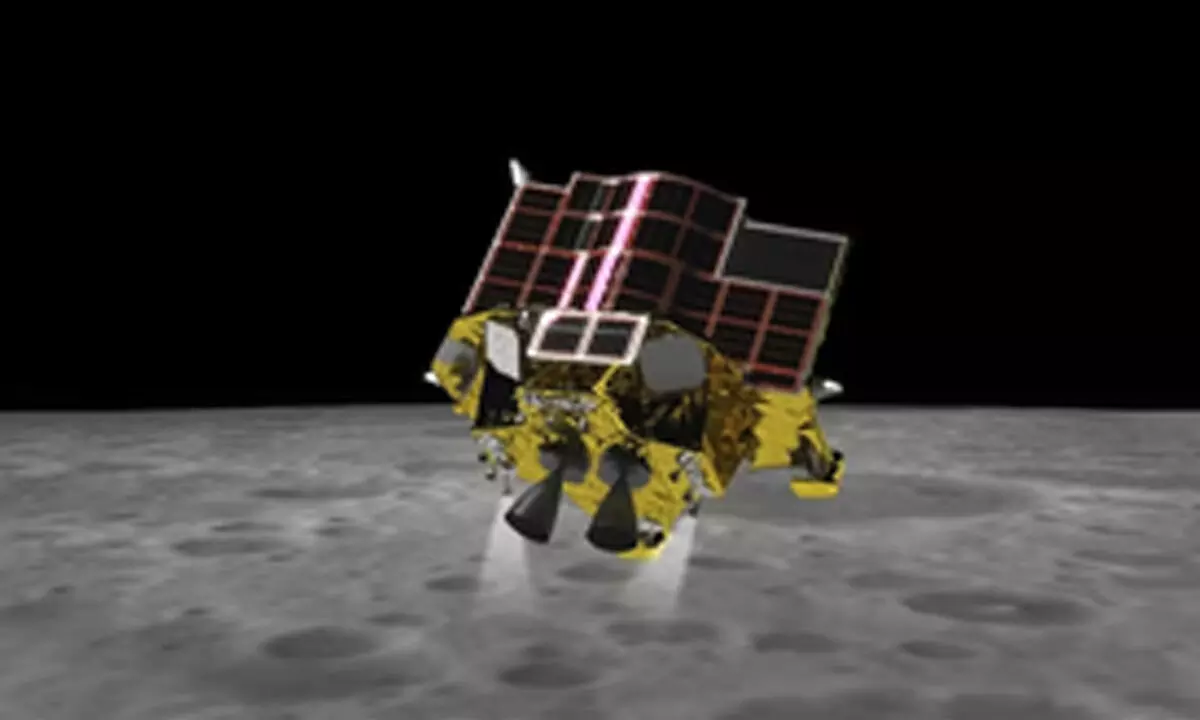Live
- Stepwell discovered during excavation in Sambhal's Chandausi area
- Heart muscle can regenerate after failure in some people with artificial hearts: Study
- If Kohli can be picked up, why not Ashwin?
- Governor Jishnu Dev Attends 'World Meditation Day' Celebration at Gachibowli Stadium
- CM Revanth Reddy Pays Tribute to Freedom Fighter Gaddam Venkataswamy
- Market Outlook: US bond yields, dollar index, FII data key triggers for next week
- Remembering maths genius Ramanujan
- The Third Eye: Ensuring an efficient governance
- Service activities of Ambica Sishu Kendra hailed
- Help in comprehensive development of Nellore dist








